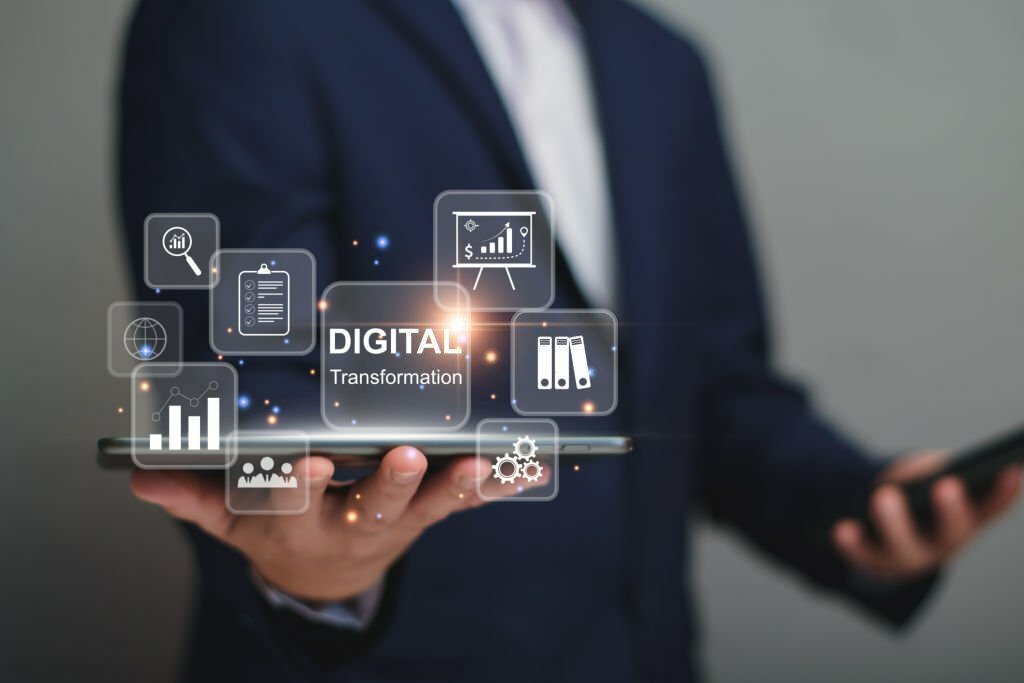As our world goes digital, people and businesses are finding eco-friendly ways to cut down on physical storage. Switching to digital saves space and helps the environment. In this blog, we’ll dive into how digitizing photos and converting slides to digital formats can be a game-changer for sustainability.
The Environmental Cost of Physical Storage
Physical storage, whether for personal or business use, often involves significant environmental costs. The production and disposal of physical storage media, such as photo albums, slides, and paper records, require substantial natural resources and generate waste. Additionally, maintaining these physical items demands space, energy for climate control, and transportation, all of which contribute to a larger carbon footprint.
Digitization as an Eco-Friendly Alternative
Digitization offers a sustainable solution by converting physical media into digital formats. This process reduces the need for physical storage, minimizes waste, and lowers energy consumption. Digitization also ensures that valuable information and memories are preserved without the environmental impact associated with physical storage.
Converting Slides and Photos
One of the most effective ways to reduce physical storage is by converting slides to digital formats. This process involves scanning old slides and storing them as digital files. The benefits are numerous: it eliminates the need for bulky slide projectors and physical storage space, and it ensures that these memories are preserved in a format that is easy to share and access. By converting slides to digital, you not only safeguard your memories but also contribute to a more sustainable environment by reducing waste.
Similarly, digitizing photos allows you to preserve and access historical or personal records without the physical bulk and environmental impact. This process involves scanning physical photographs and storing them digitally. Digitized photos can be easily shared with family and friends, reducing the need for physical copies and the resources required for printing and transportation. By digitizing photos, you can create a lasting digital archive that is both space-efficient and environmentally friendly.
Challenges and Solutions in Digitization
While digitization offers many benefits, it is not without its challenges. The initial process of converting physical media to digital formats can be time-consuming and may require specialized equipment. However, the long-term benefits far outweigh these initial efforts. Solutions such as professional digitization services can help streamline the process, ensuring high-quality digital copies and efficient organization of digital archives.
The Role of Cloud Storage in Sustainable Practices
Cloud storage plays a crucial role in sustainable digitization practices. By storing digital files in the cloud, you reduce the need for physical storage devices, which can be environmentally harmful to produce and dispose of. Cloud storage also offers the advantage of remote access, allowing you to retrieve and share your digital archives from anywhere, reducing the need for physical transportation. This not only enhances convenience but also contributes to a reduction in carbon emissions.
Successful Implementation of Digitization
Successful digitization requires careful planning and execution. Start by identifying the physical items you wish to digitize, such as slides and photos. Use high-quality scanning equipment or professional services to ensure the best results. Organize your digital files in a logical manner, and consider using cloud storage solutions for added convenience and security. By following these steps, you can effectively transition to a more sustainable and space-efficient storage solution.
To Wrap Up
Eco-friendly digitization offers a practical and sustainable solution to the environmental challenges posed by physical storage. By converting slides to digital and digitizing photos, you can preserve your memories and records in a format that is both accessible and environmentally responsible. Embracing digital solutions not only helps reduce waste and energy consumption but also ensures that valuable information is preserved for future generations. Make the shift to digitization today and contribute to a greener, more sustainable world.
